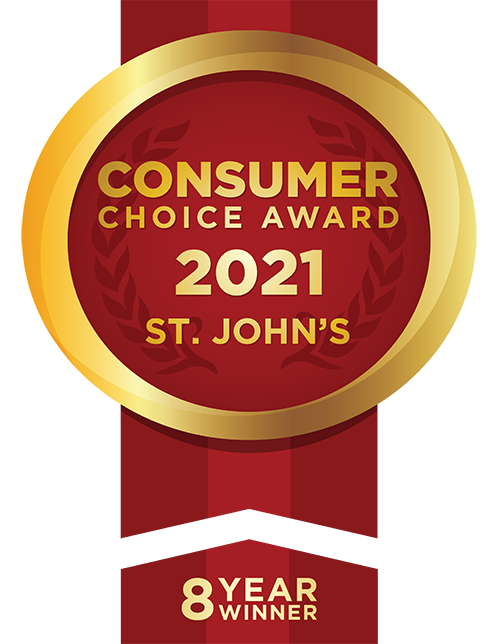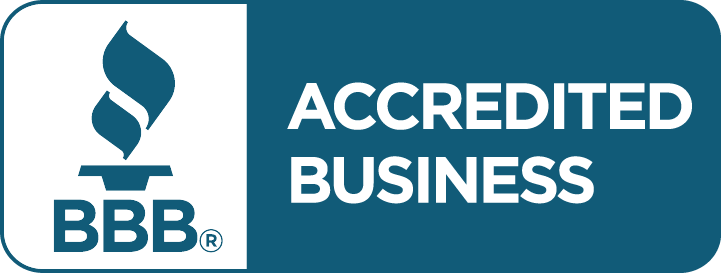June is Senior’s Month, an annual initiative marked in New Brunswick, Newfoundland and Labrador, Prince Edward Island, Nunavut and Ontario to recognize and celebrate older adults.
Fraud is the top crime against older Canadians and the Canadian Anti-Fraud Centre indicates that 27,000 Canadians are victims of identity theft every year, a number that’s likely under-reported.
“Most people don’t realize how easily criminals can obtain their personal information, or how serious the repercussions can be,” says John Eisner, President & CEO of SolveYourDebts.com. “An identity thief can take over your finances, open new bank accounts, transfer bank balances, apply for loans, credit cards, purchase vehicles, and more. What this means is that your credit rating can be completely ruined without you even knowing it.”
In honour of Seniors Month, SolveYourDebts.com is offering 10 tips on how seniors can avoid identity theft.
- Sign all credit cards in permanent ink as soon as you receive them. Never lend them to anyone and always cancel and cut up the ones you don’t use.
- Keep your cards in view at all times when making a purchase and take your card back as soon as the transaction has been completed. Avoid saying your account number aloud so that others can hear.
- Never give your account number over the phone on an unsolicited call – if the issuer employs the caller, they will already know your account information.
- Never leave receipts at bank machines or at unattended gas pumps.
- Never provide personal information such as SIN, date of birth, credit card numbers or PINs over the telephone unless you initiate the call.
- Guard your mail. Promptly remove mail from your mailbox after delivery and do not leave pieces of mail lying around your residence or work site. Ensure your mail is re-routed if you move or change your mailing address.
- Shred or otherwise destroy pre-approved credit card applications, credit card receipts, insurance forms, physician statements, bills and related information, when no longer needed. Do not just toss them in your trash or recycling bin.
- Always be aware of your surroundings to make sure no one is watching you input your PIN.
- Avoid using information like your mother’s maiden name, birth dates, last four digits of your SIN, or home phone number for your passwords.
- Keep a list of all your credit accounts and bank accounts in a secure place so you can quickly call the issuers to inform them about missing or stolen cards.
Indicators that your identity is being used:
- A creditor informs you that an application for credit was received with your name and address which you did not apply for.
- You receive credit card statements or other bills in your name which you did not apply for.
- You no longer receive credit card statements or you notice that not all of your mail is delivered.
- A collection agency informs you they are collecting for a defaulted account established with your identity and you never opened the account.
If you think you may be a victim of identity theft, call your bank and credit card company and cancel your active cards. Review all of your account statements to identify unknown purchases and report them immediately. Lastly, call the police for assistance in finding the thief.
Identity theft is more common than you may think. Make sure you are extra careful with your personal information and financial records.
If you’ve been the victim of identity theft and need help recovering, contact us for a free consultation.











